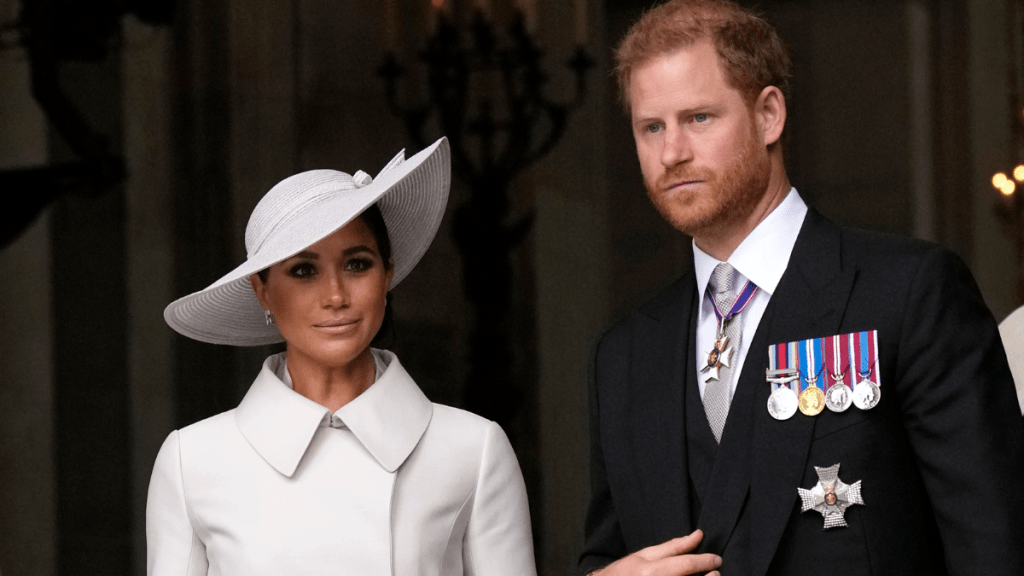Prince Harry has reportedly shared a reflective essay about his life in Britain while residing in the United States. Communication expert Judi James suggested that the Duke of Sussex’s writing conveyed “deep nostalgia for the country he left.” Moreover, James felt that Harry’s tone may contain a subtle message directed toward his wife, Meghan Markle, hinting at his “true desires.”
Prince Harry’s letting wife know what he’s missing out on while living in the U.S., per expert
According to The Mirror, Prince Harry has recently published a personal essay about life in Britain. In the essay, he reflected on his sense of identity and service to the nation despite living thousands of miles away in the United States. The Duke of Sussex’s 647-word piece, titled “The Bond, The Banter, The Bravery: What it means to be British – By Prince Harry,” was released ahead of Remembrance Day, a key date in the royal calendar.
Harry reportedly wrote with affection about his homeland, recalling his two military tours in Afghanistan. Additionally, he emphasized the importance of remembering “not only the fallen, but the living,” urging readers to reach out to veterans to show that their “service still matters.”According to an expert, the Duke of York is letting his wife, Meghan Markle, know what he has been missing out on while living in the U.S.
Sources claimed that Harry also reflected on what he believed defined British identity. He made note of the “banter of the mess, the clubhouse, the pub, the stands,” and added, “Though currently, I may live in the United States, Britain is, and always will be, the country I proudly served and fought for.” He concluded, “I make no apology for it. I love it.”
Communication expert Judi James told The Mirror that Harry’s writing carried “deep nostalgia for the country he left,” suggesting that it may subtly express what he has been missing while living abroad. James explained that the duke’s tone reflected that of “so many ex-pats that retain an unrealistic, idealised memory” of their homeland, adding that he seemed “embarrassed by this ‘reveal,’” as if apologizing to his U.S. audience or even his family for expressing such longing.








